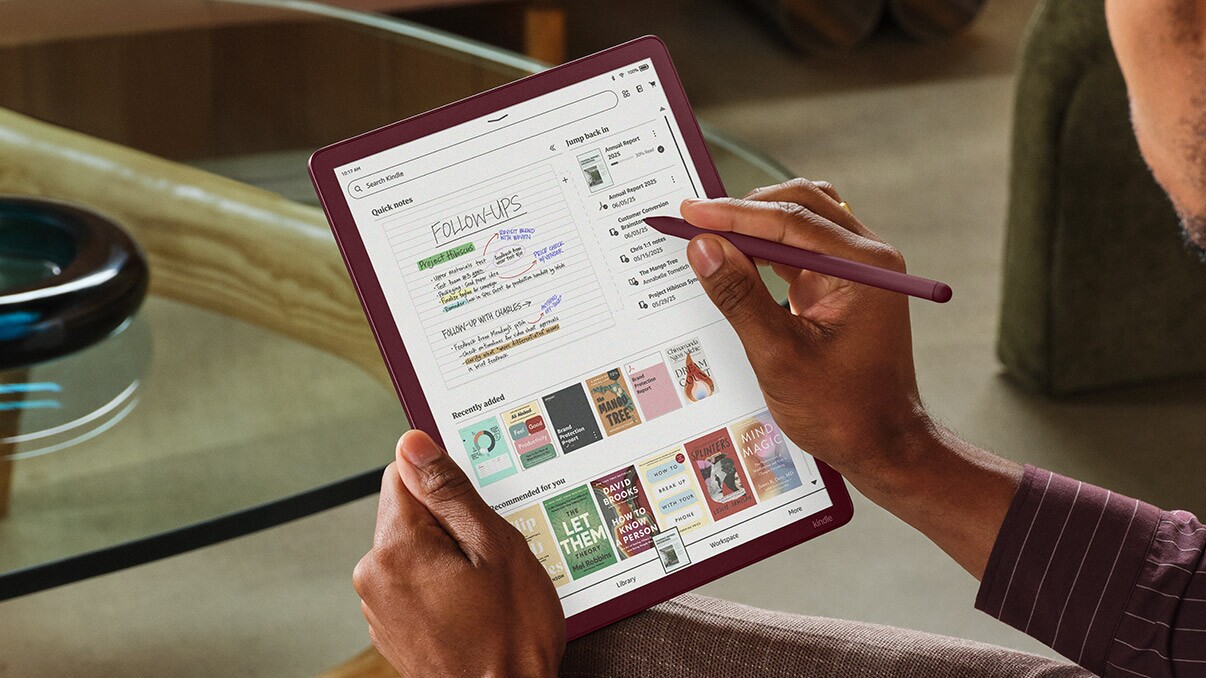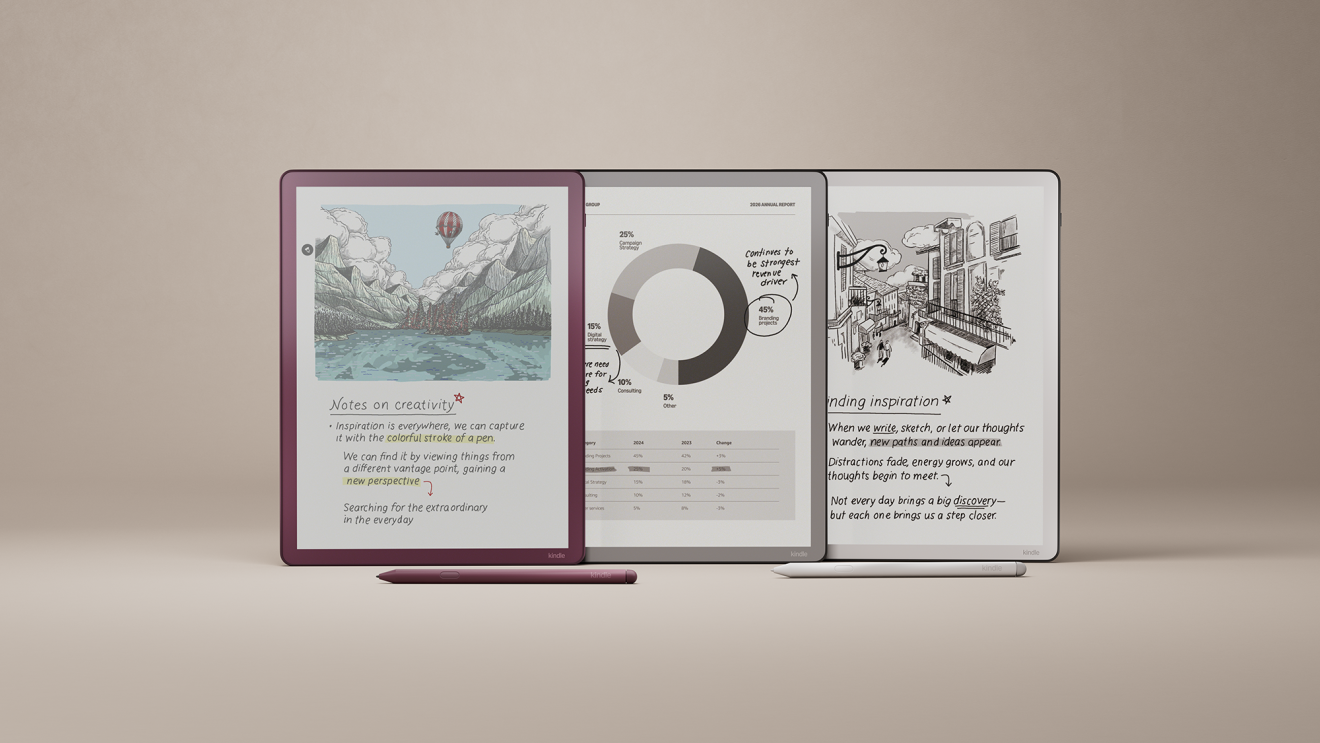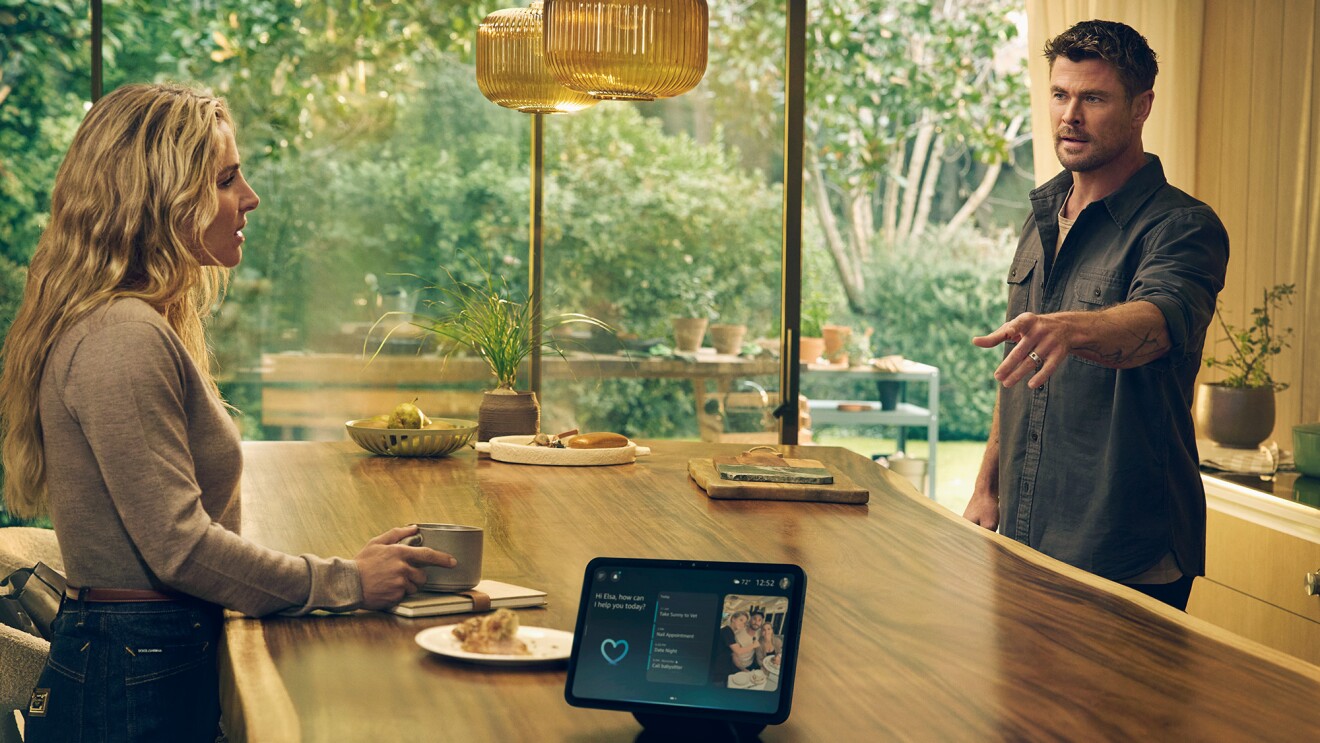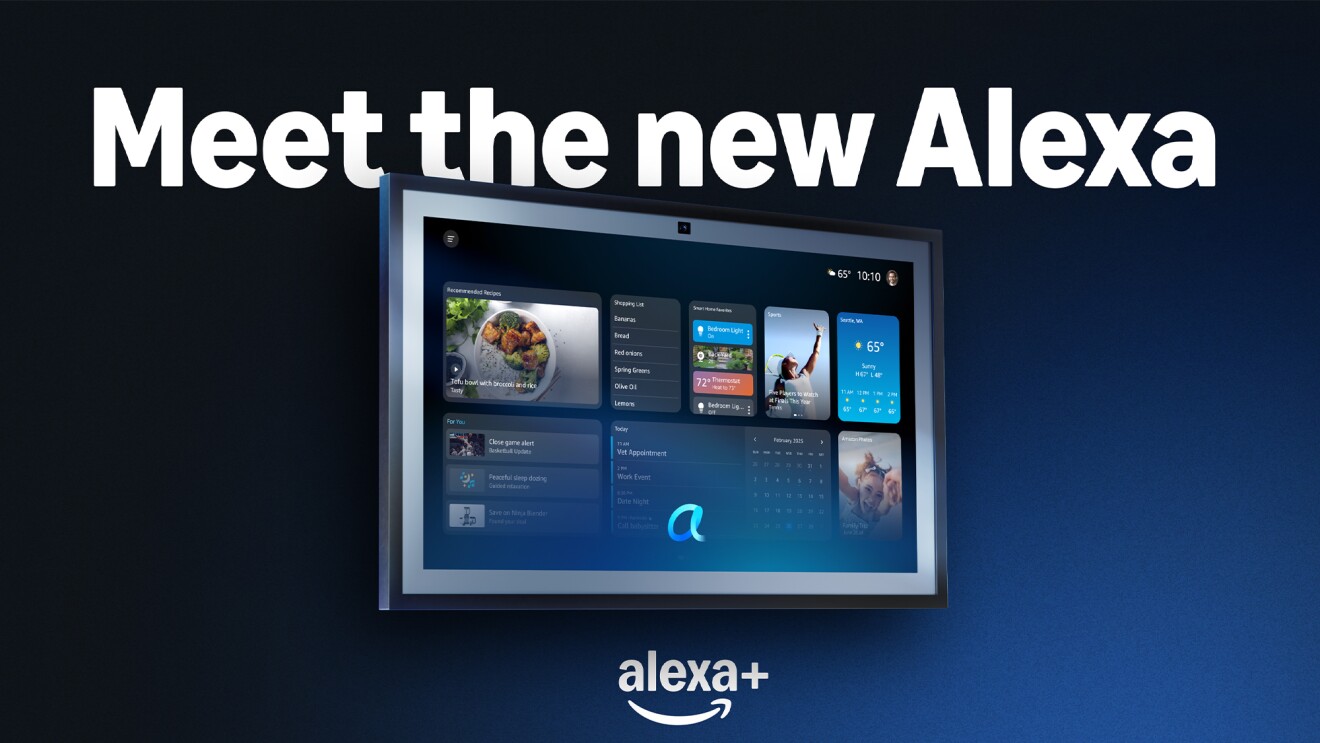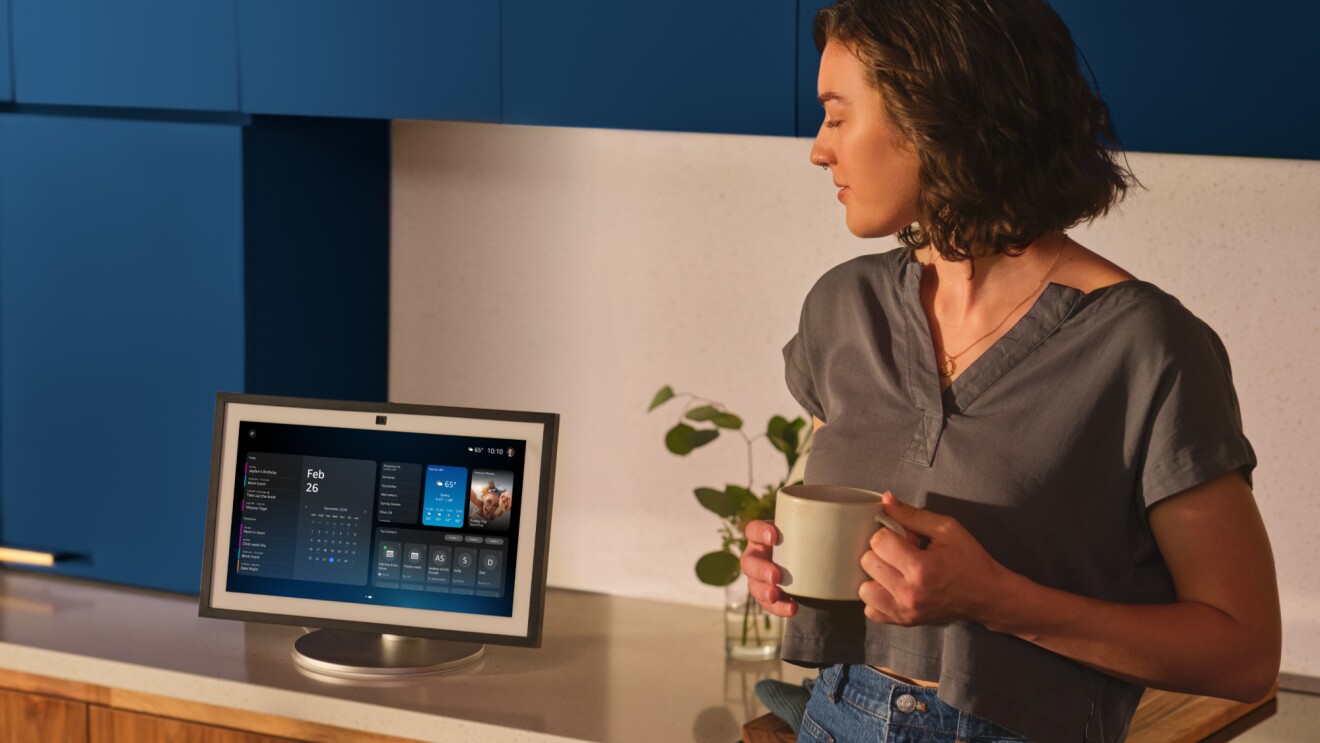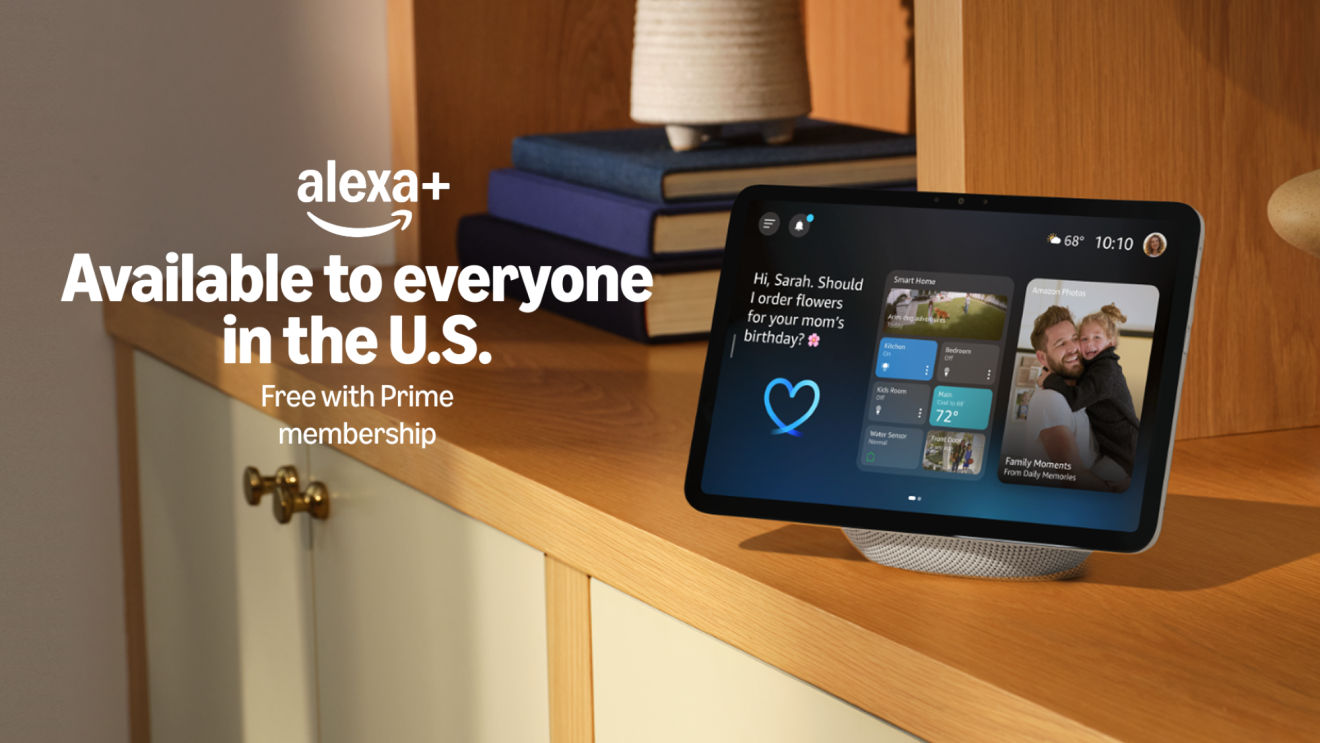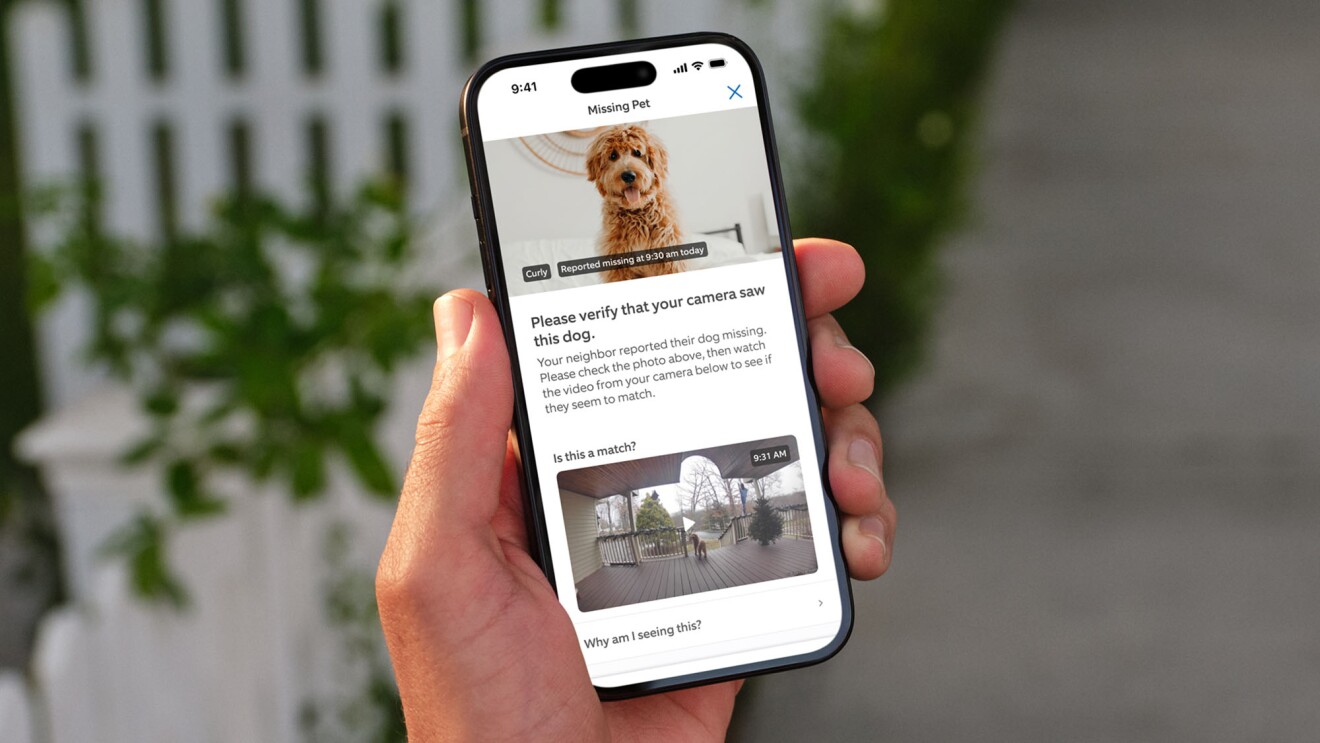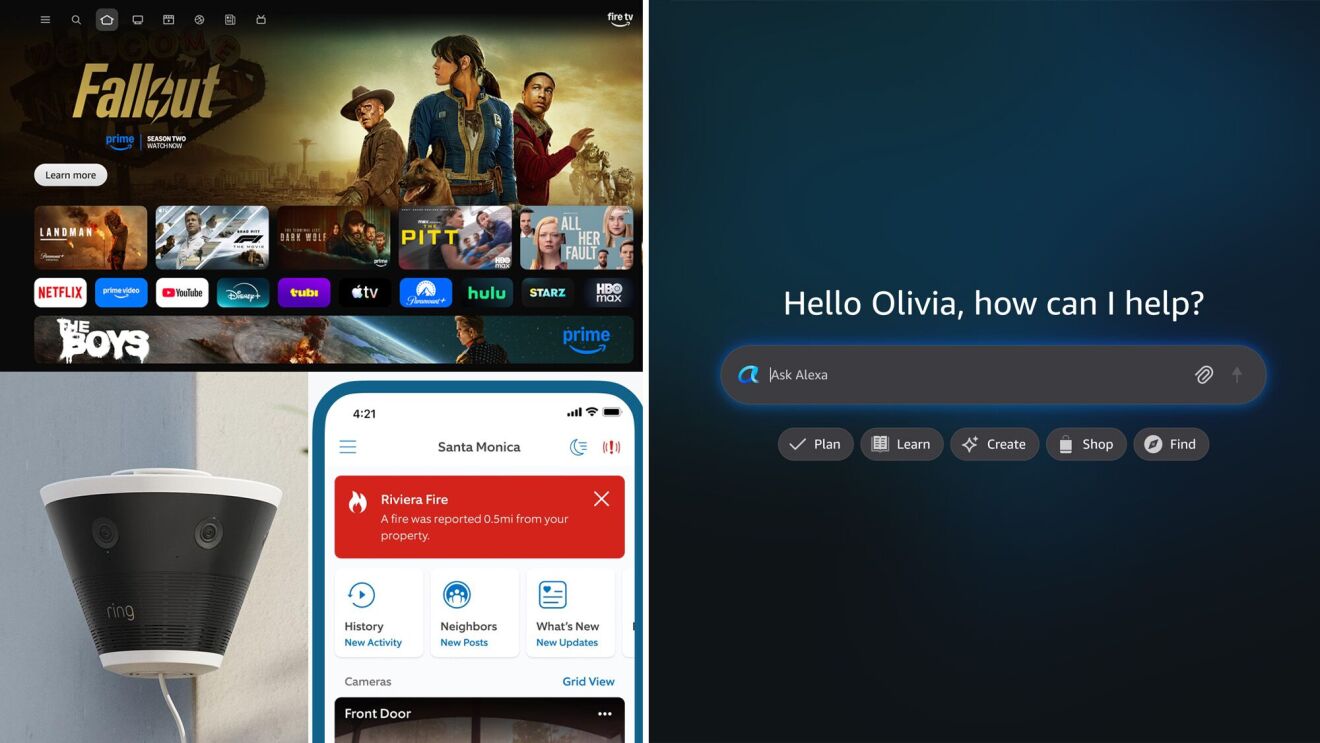In her long career as a space scientist, MiMi Aung has achieved things that are out of this world. Literally. Aung capped her three decades at the NASA Jet Propulsion Laboratory by leading a team that built and flew the Ingenuity Mars Helicopter over the surface of the red planet in 2021. Talking to CBS Evening News after the flight, she said it was “a Wright Brothers moment, but on another planet.”
Aung also worked on systems for deep space communication and networks, autonomous space flight, and other projects at NASA. Now at Amazon, she is the director of technical program management for Project Kuiper, an initiative to increase broadband internet access through a constellation of satellites in low Earth orbit.
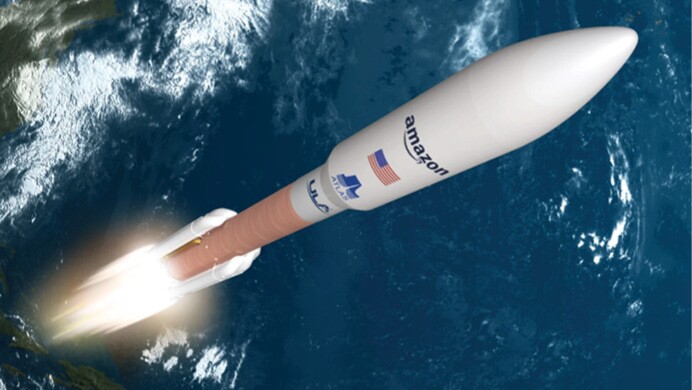
“I am driven by Project Kuiper’s mission to provide reliable, fast, affordable broadband to unserved and underserved communities around the world,” said Aung, who was born in the U.S., grew up in Myanmar, and earned bachelor’s and master’s degrees in electrical engineering from the University of Illinois Urbana-Champaign.
Aung’s stellar accomplishments also caught the attention of the National Academy of Engineering (NAE), which is America’s leading engineering organization and recognizes individuals who have pioneered and developed new fields of technology. The nonprofit recently inducted Aung as a member—marking one of the highest professional distinctions for an engineer.
The NAE, founded in 1964, brings together eminent scientists and engineers to provide insights to the federal government on matters related to science and technology. All members are elected by their peers.
“As a person who is passionate about being a part of teams that build challenging complex engineering systems, the induction to the NAE is deeply meaningful to me,” Aung said.
Aung is among four Amazon employees who have been inducted into the 2,000-member academy in the last three years. She was honored at this year’s annual NAE meeting in Washington, D.C., on October 2-3.
The Amazon quartet also includes Ken Washington, vice president and general manager for consumer robotics at Amazon; Yoelle Maarek, vice president for research and science at Amazon; and Russell Allgor, chief scientist at Amazon’s Global Delivery Services.
Read on to learn more about their backgrounds—and how they put their nationally recognized engineering talents to work at Amazon.
Ken Washington
Like Aung, Washington is a star-struck engineer. He leads the team responsible for developing Astro, the company’s first home robot. A life-long Trekkie who lives in a smart home filled with Alexa-enabled devices—a nod to Star Trek’s Starship Enterprise—Washington is a leading expert on ambient intelligence.
Ambient intelligence is the idea that digital systems, services, and devices, including robots, should work together in the background on our behalf. “What comes in the foreground is what it does for you,” Washington said. “People don’t care about computers; they care about what computers do for them. When you don't even know that those technologies are there and your days are just frictionless and magical, that’s our North Star.”
Prior to Amazon, Washington was the chief information officer at Sandia National Laboratories, Lockheed Martin’s first chief privacy officer, and Ford’s chief technology officer, where he helped the automaker develop autonomous cars, among other things. Washington was elected into the NAE in 2020. He has a bachelor’s, master’s, and Ph.D. in nuclear engineering from Texas A&M University.
Yoelle Maarek
Maarek, who started in the Alexa organization at Amazon in 2017, joined the National Engineering Academy in 2021. Before coming to Amazon, she was vice president of research at Yahoo, and prior to that, she helped Google develop its auto-suggest function and was the company’s first engineer in Israel. She also worked for IBM Research.
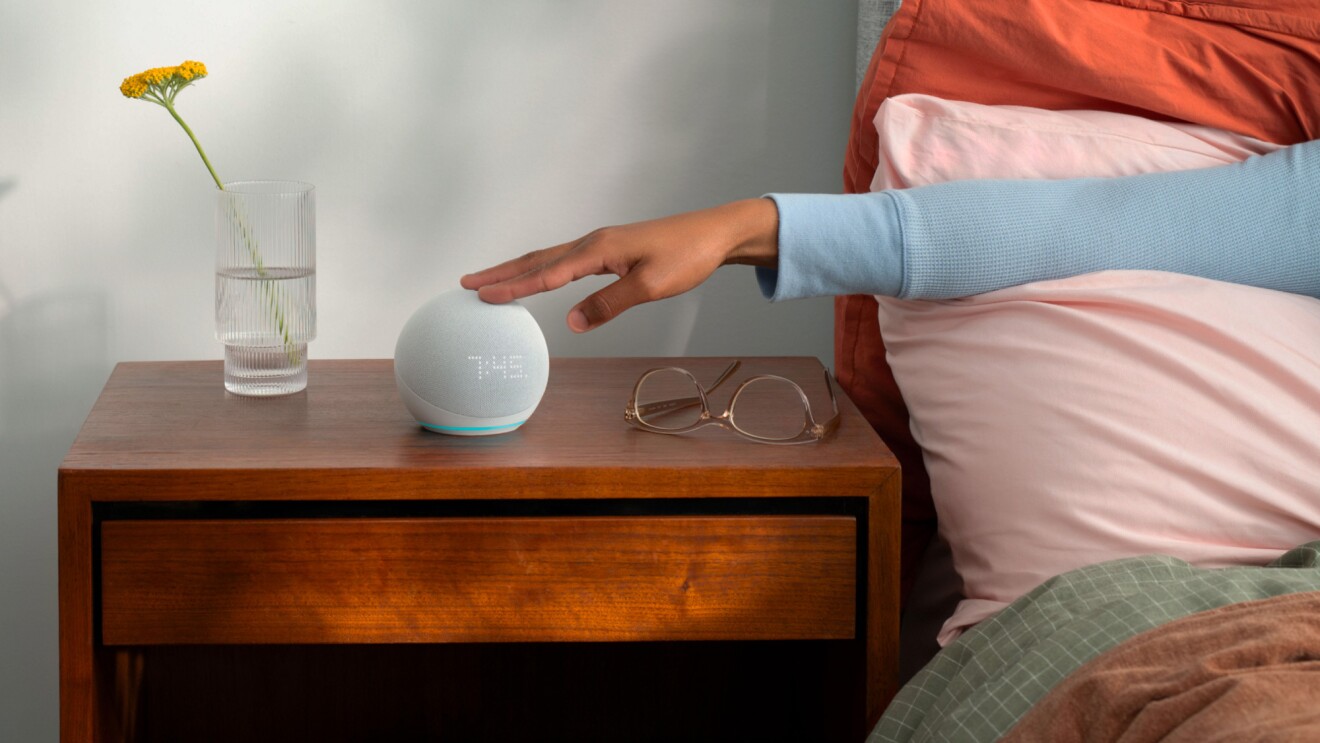
At Amazon, Maarek leads teams in the U.S., UK, and Israel that work on advancements in voice search, question answering, and conversational artificial intelligence (AI). In particular, she focuses on the shopping domain and investigating new research areas—like computational humor, which she sees at the one of the hardest existing AI challenges.
Maarek earned her Ph.D. in computer science at the Technion in Israel and an engineering degree from Ecole Nationale des Ponts et Chaussées in Paris. She said she was honored and humbled “to join such a prestigious community” when she was inducted into the NAE.
“I look forward to collaborating with other engineers and scientists in order to continue doing what I’ve loved doing throughout my career—leveraging science and technology to facilitate the lives of people across the world and hopefully delight them,” she said.
Russell Allgor
Allgor joined Amazon in 2000 as the company’s first research scientist. He built the first such team at Amazon, which now—22 years later—employs several thousand research scientists. Allgor currently serves as the chief scientist for Amazon’s global distribution systems.
He has focused on different areas in Amazon’s worldwide operations throughout his career, from facility location and inventory placement to optimizing Amazon’s transportation network through, among others, applied research on last mile delivery and air scheduling. Allgor’s team utilizes scientific innovation and invention to support the more than 1 million Amazon employees and partners at fulfillment centers, sortation centers, and delivery stations worldwide. Together, they ensure that customers get their packages as reliably and safely as possible.
Allgor earned a Ph.D. in chemical engineering from the Massachusetts Institute of Technology and a bachelor’s degree in chemical engineering from Princeton University. He, too, said he was incredibly honored when he was elected by his peers to join the NAE. “I’m especially looking forward to collaborating with my peers on improving engineering education and contributing to a more diverse and multidisciplinary next generation of engineers.”
Learn more about the Amazon’s engineering projects, including Project Kuiper and Alexa, and how Amazon is investing in future engineers.



